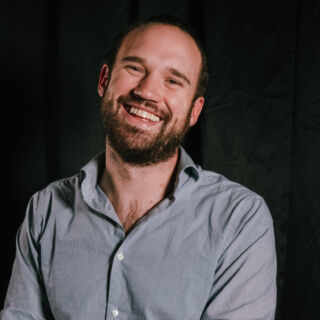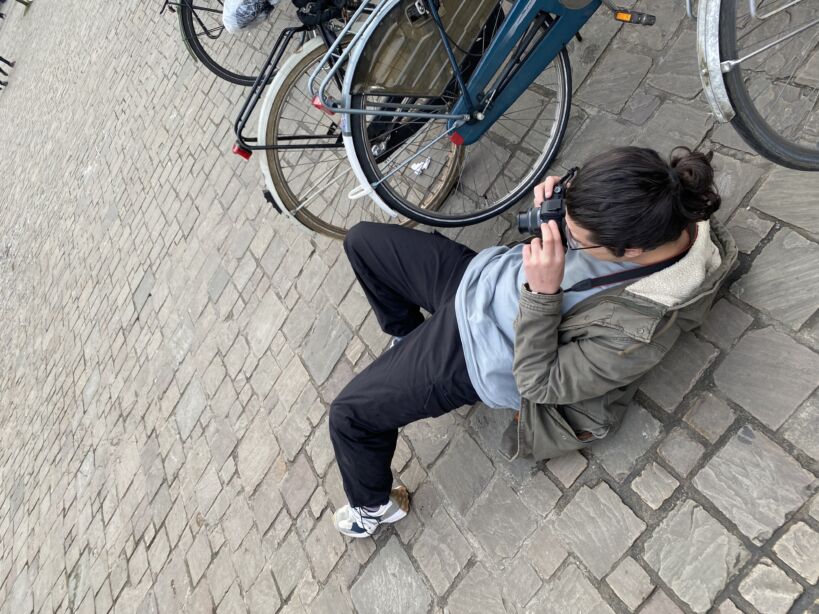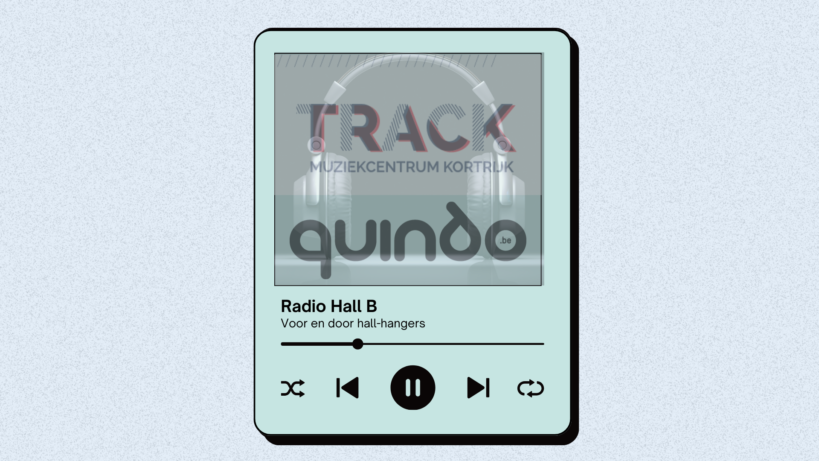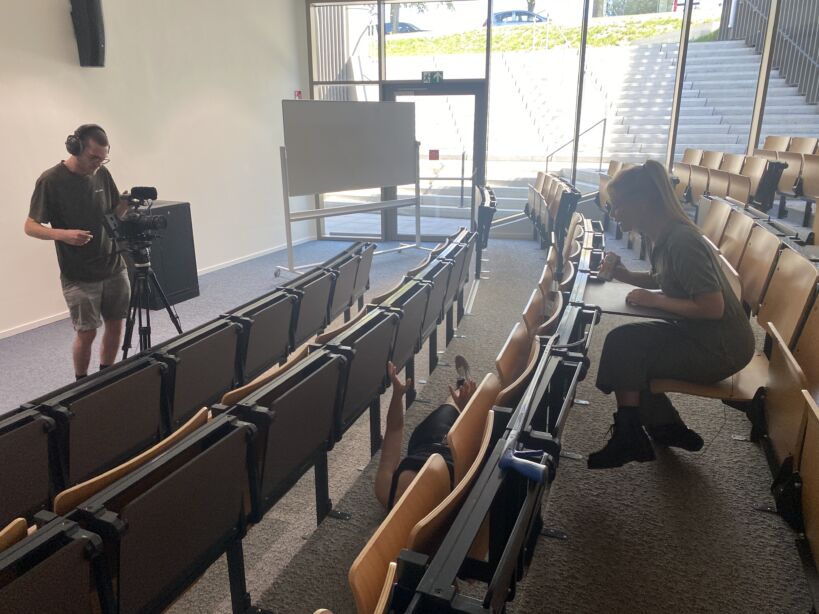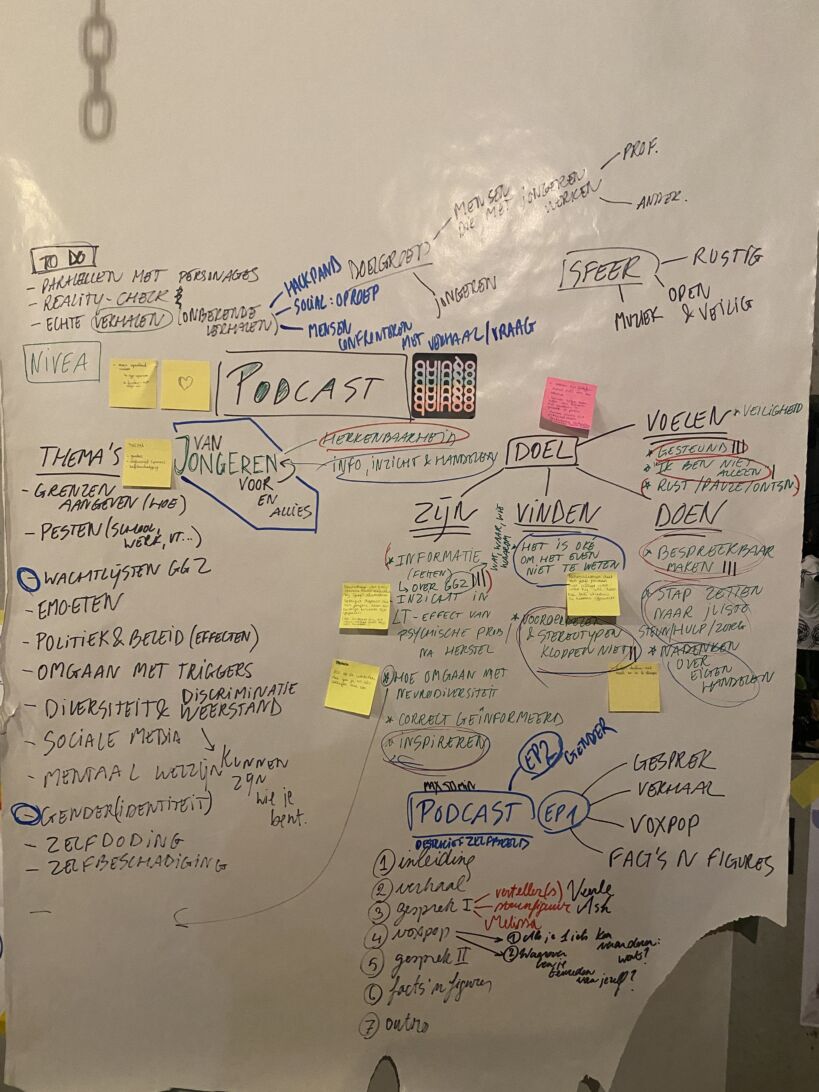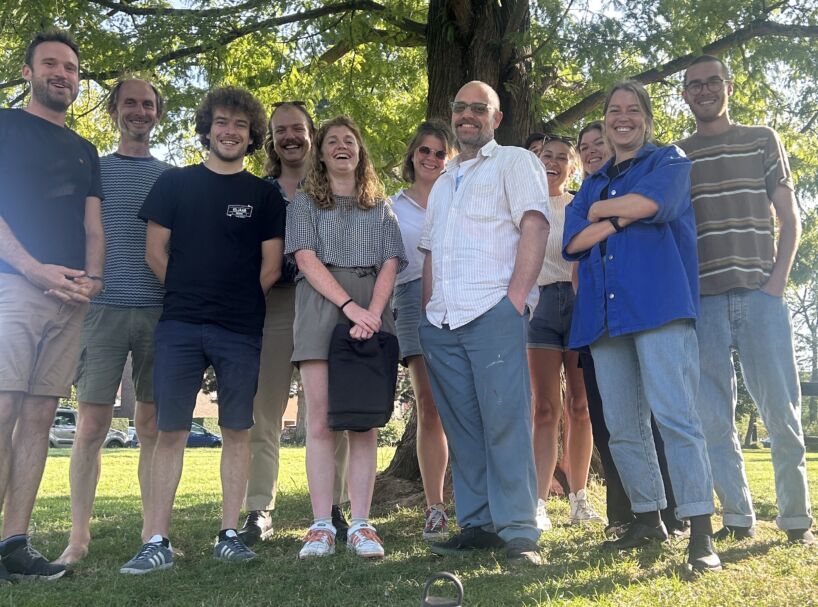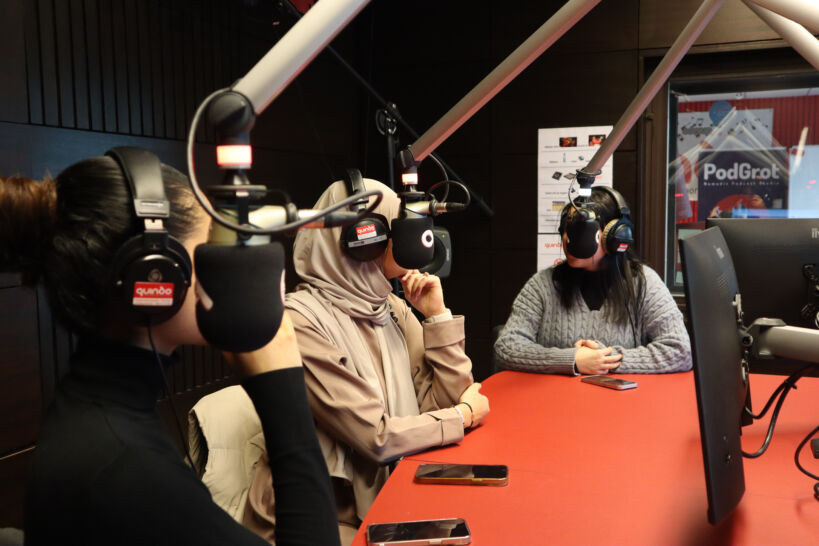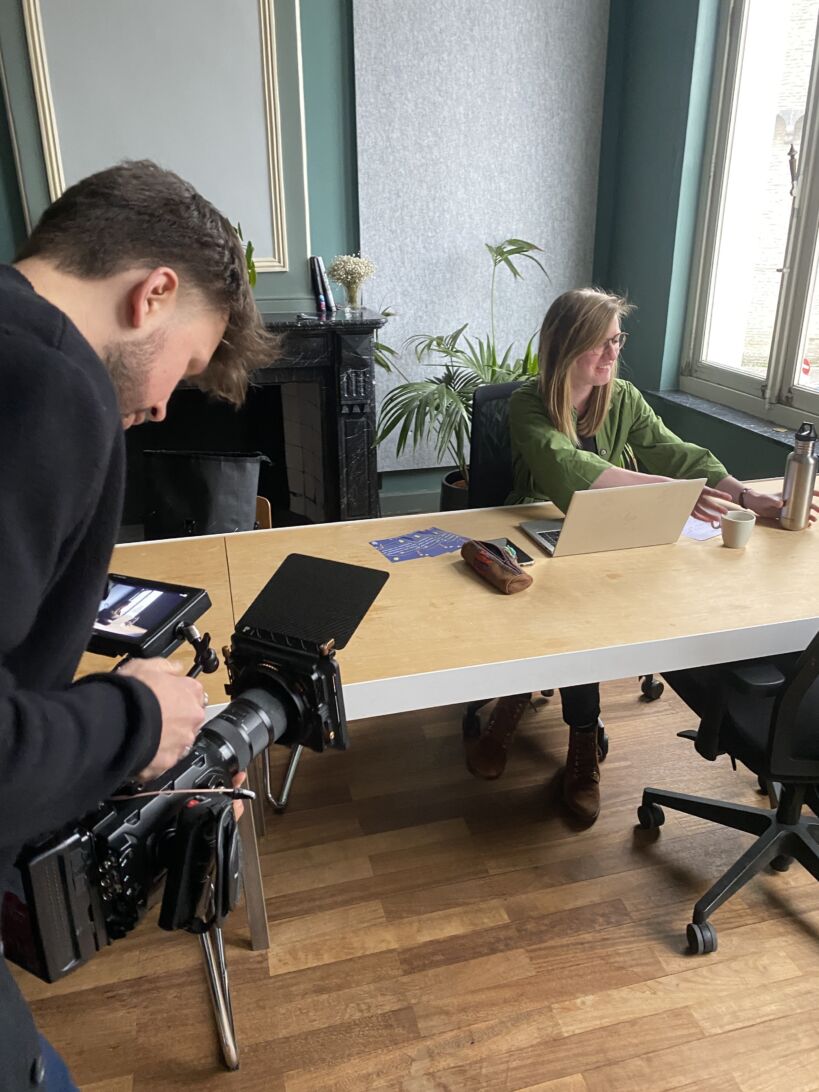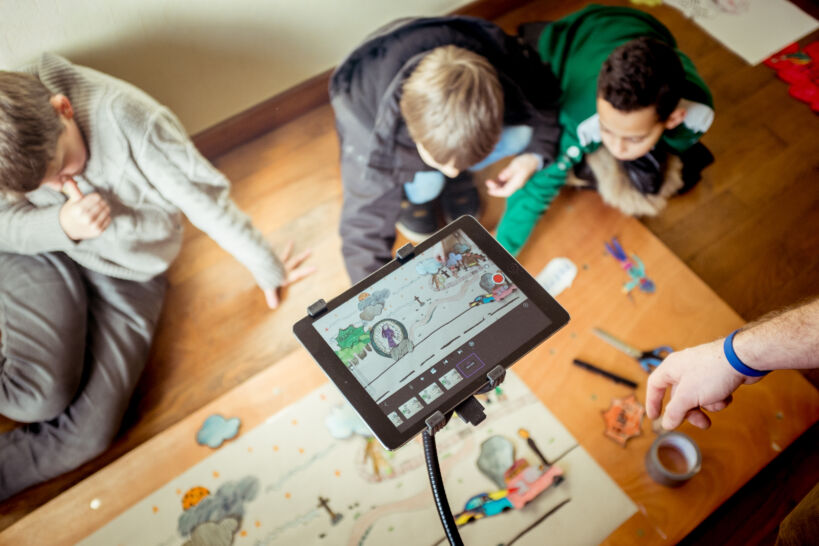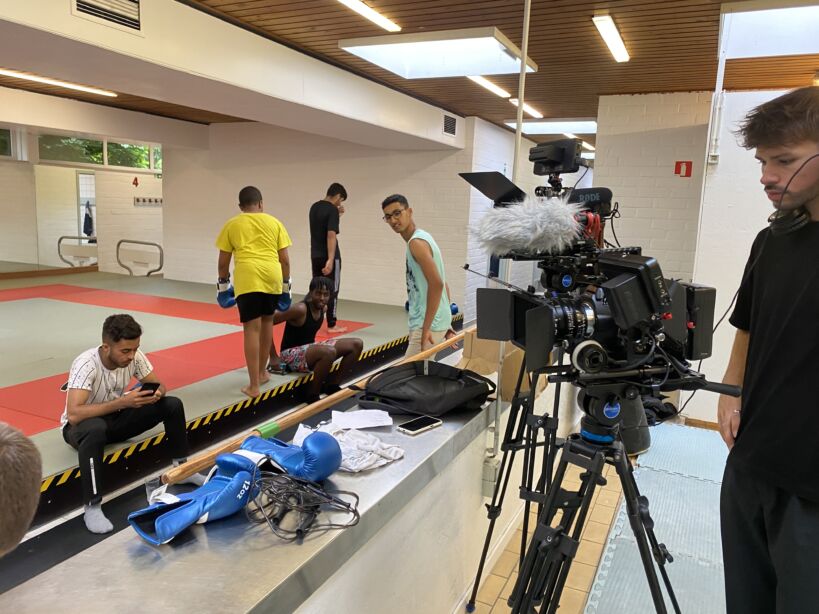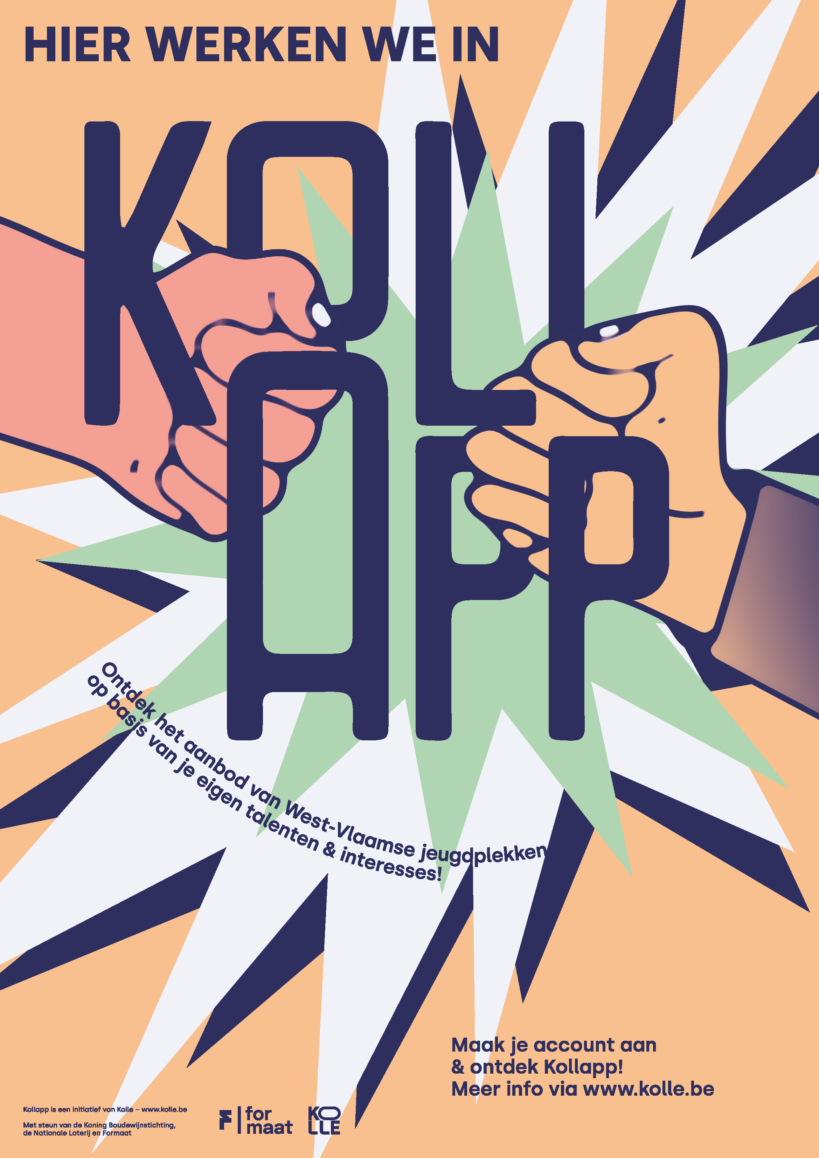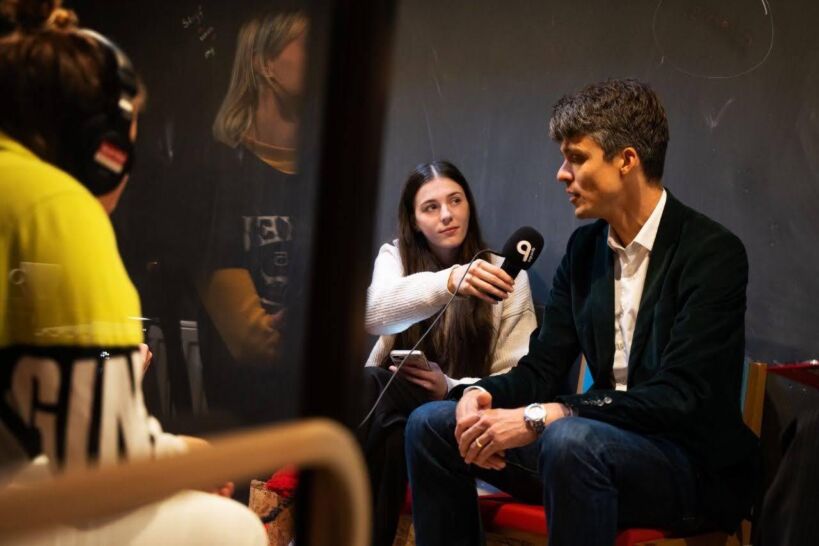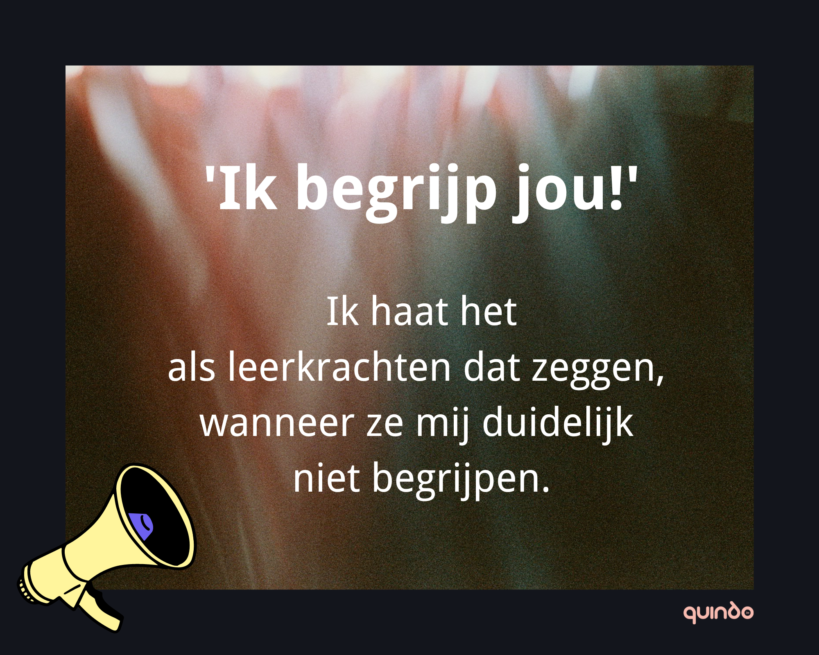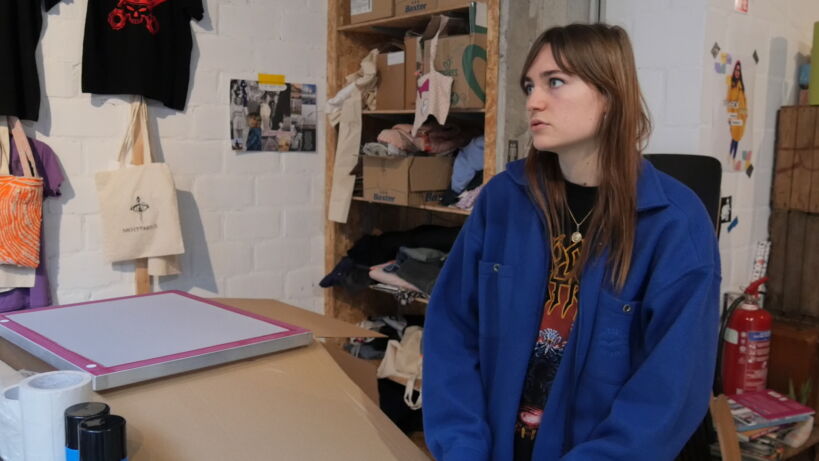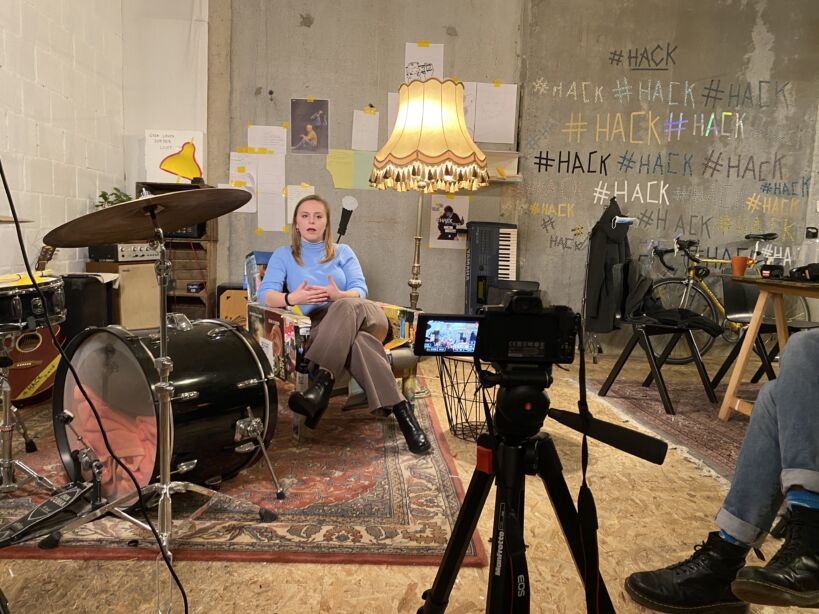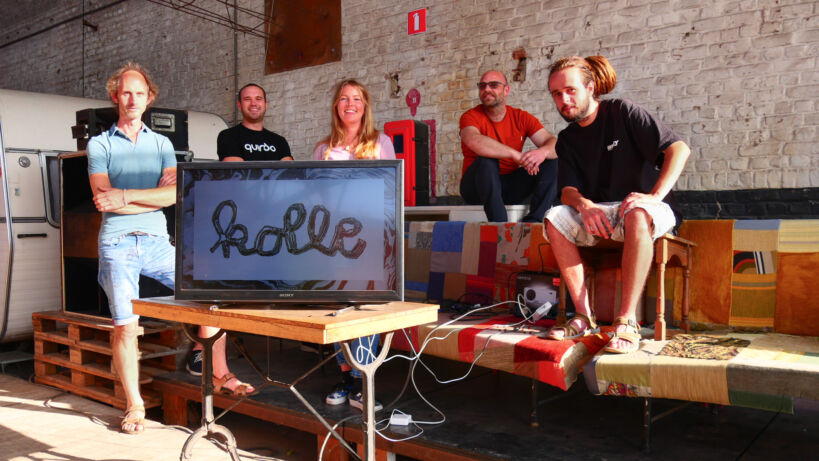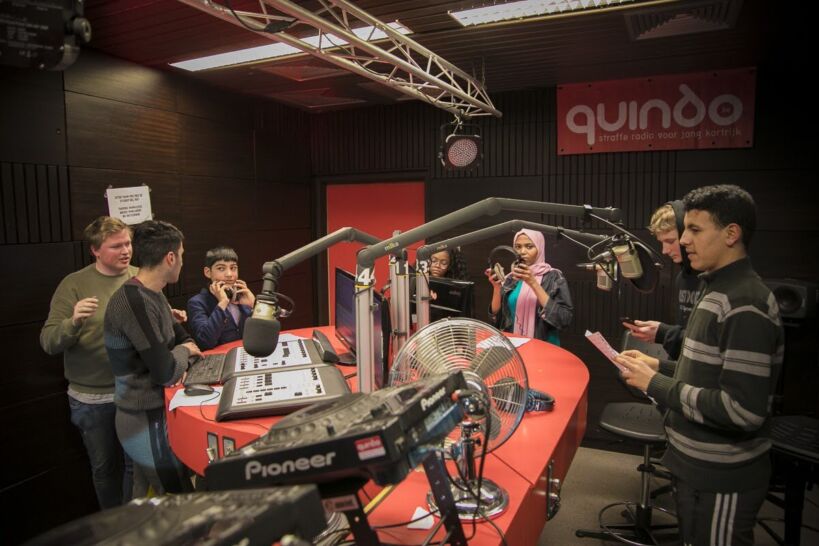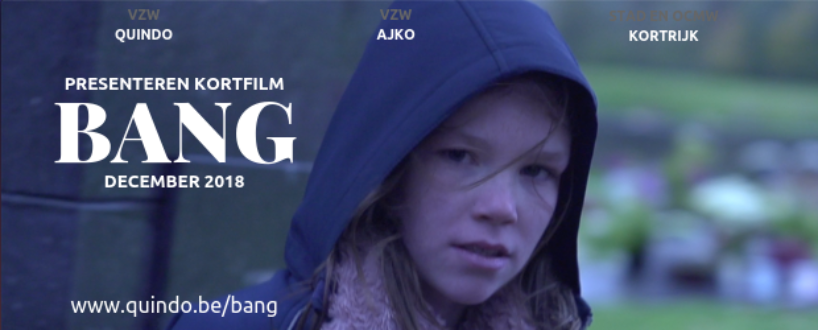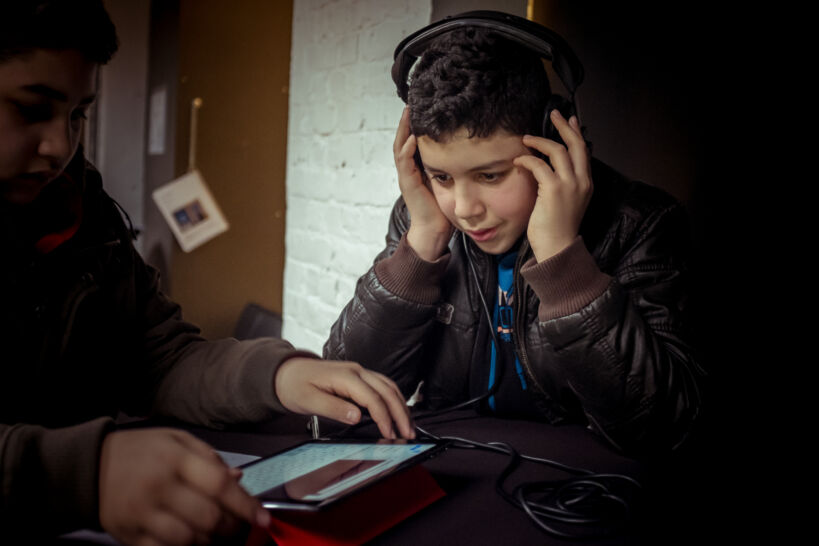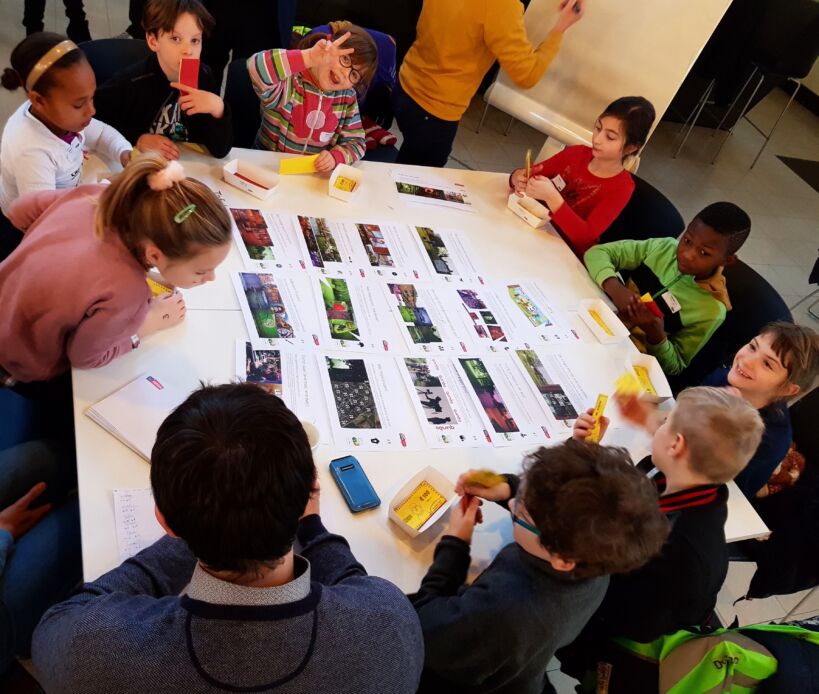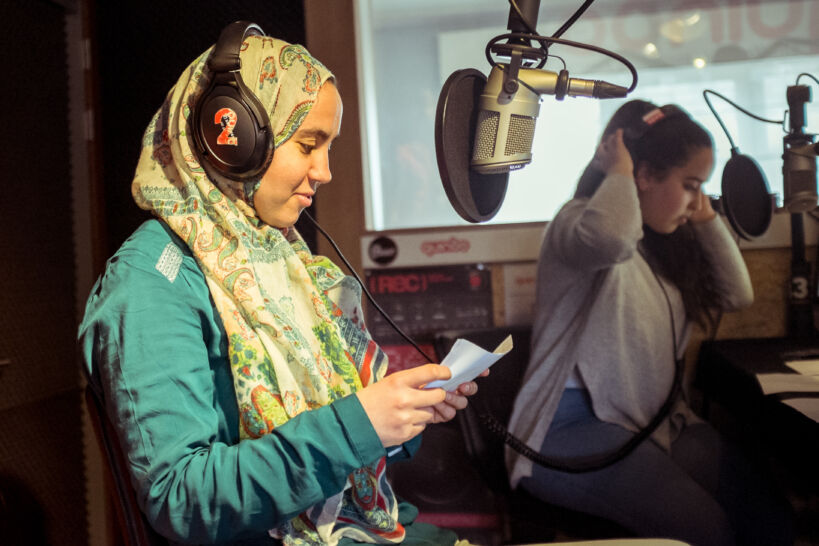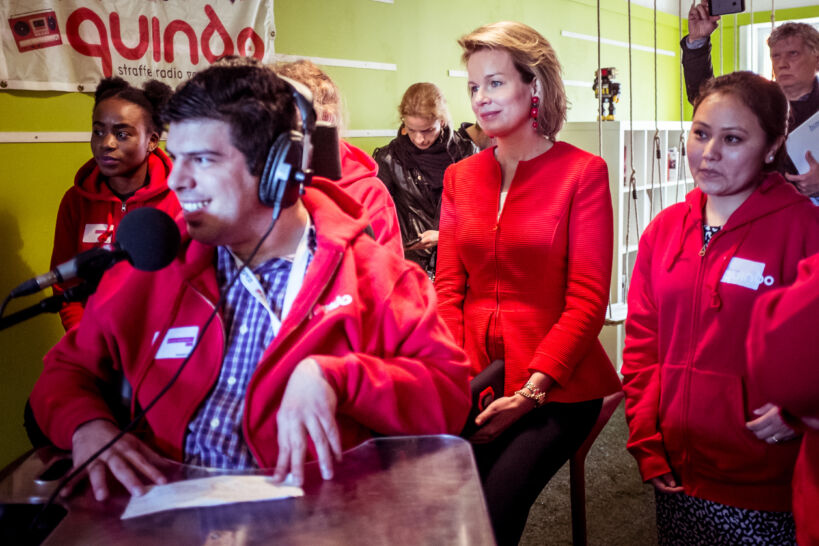(Not so) digital youth work?
The field of youth work, both nationally and internationally, is diverse and constantly evolving. As technology continues to advance, it is crucial for youth workers to embrace digitalisation and incorporate int into their day-to-day work. Young people are active digital content creators, communicating online and consuming vast amounts of information from various sources.
Digital Youth Work is not a completely new concept; rather, it involves the implementation of digital tools, content, and activities within existing youth work practices. This can range from online youth platforms to the creation of short films and podcasts. Digital Youth Work is already present in various forms, such as WhatsApp groups for information exchange or organised TikTok choreographies. The potential for the youth work sector to enhance and innovate its practices through digital means is vast, without compromising the core values and objectives of the field.










